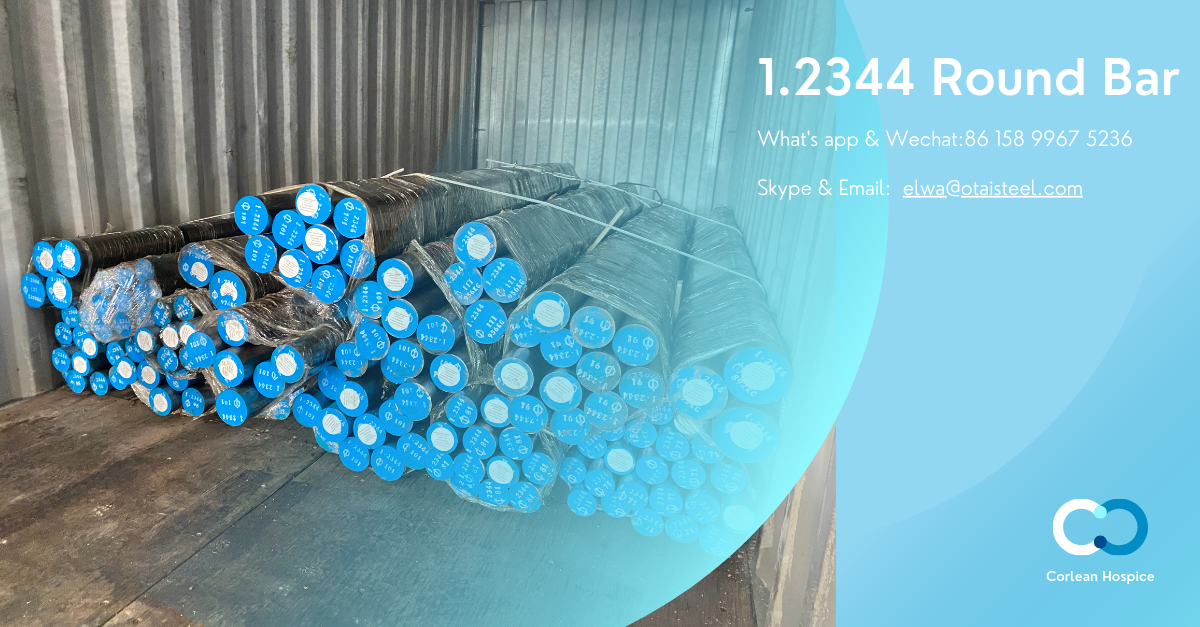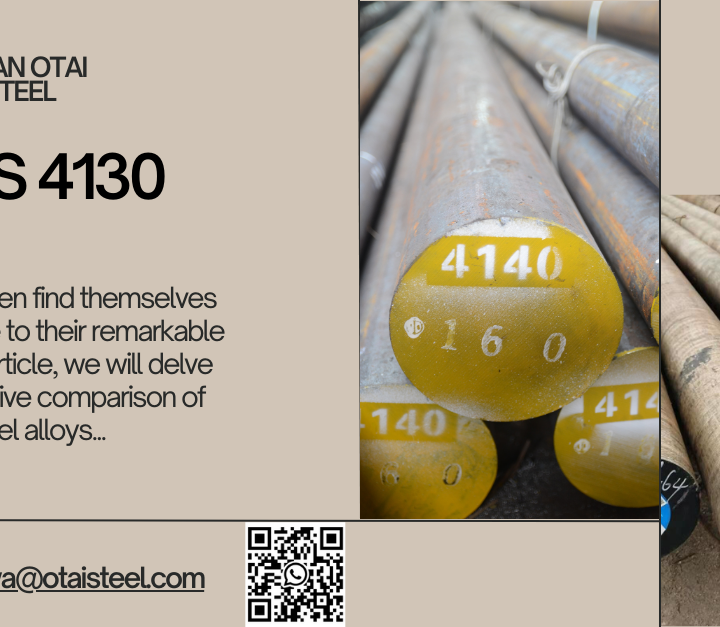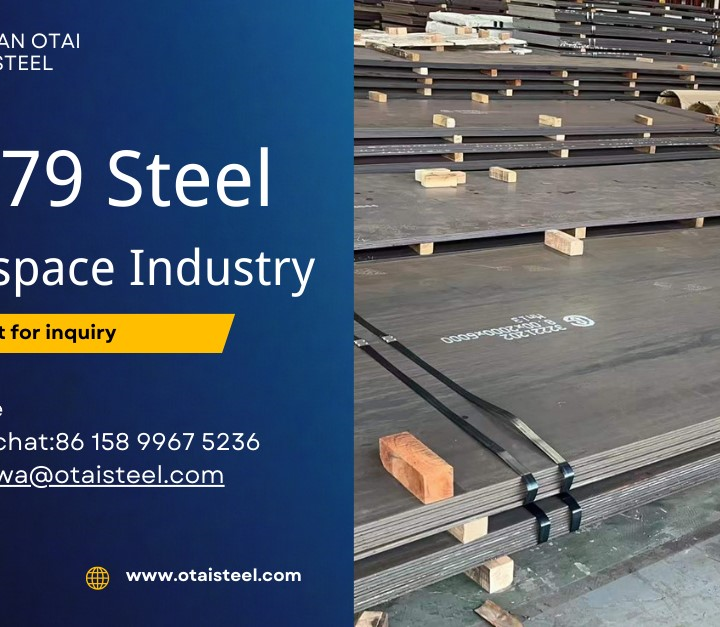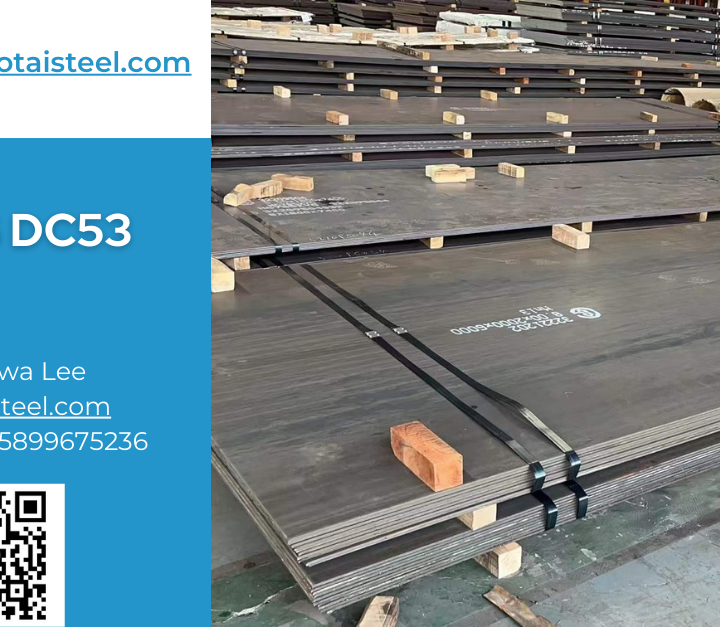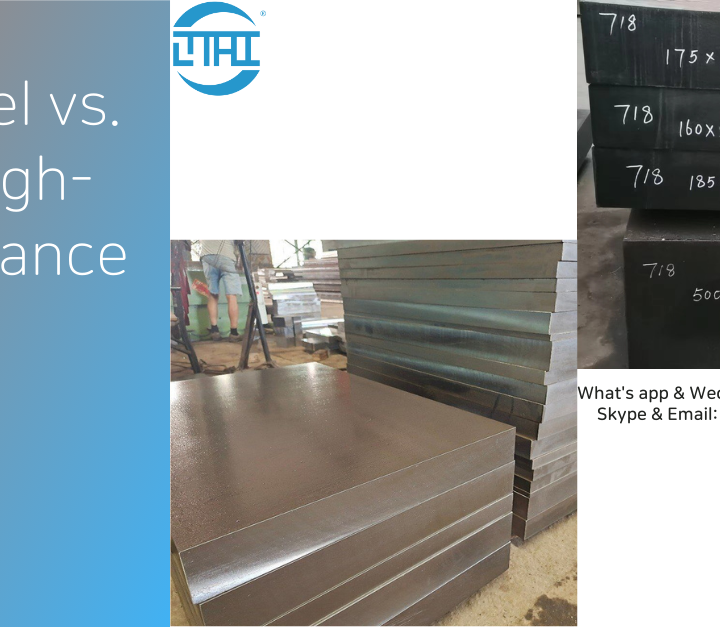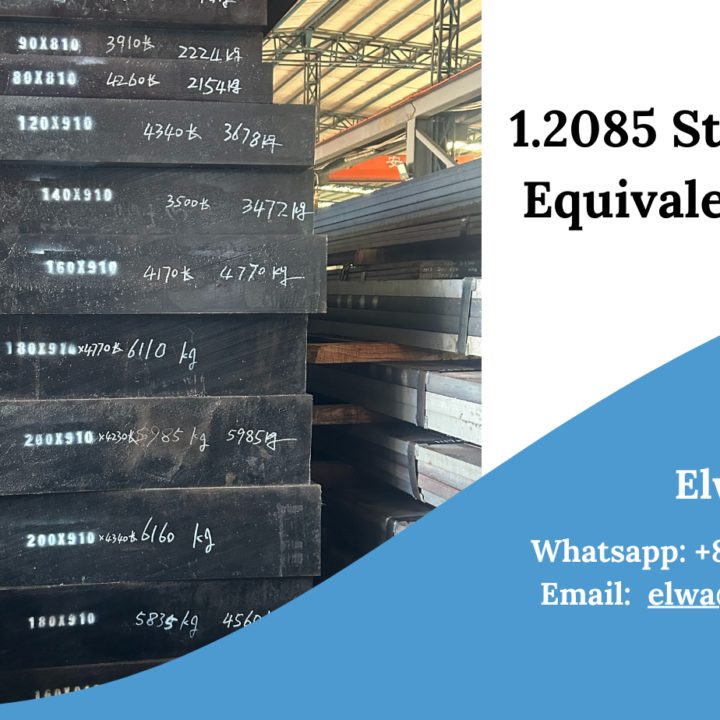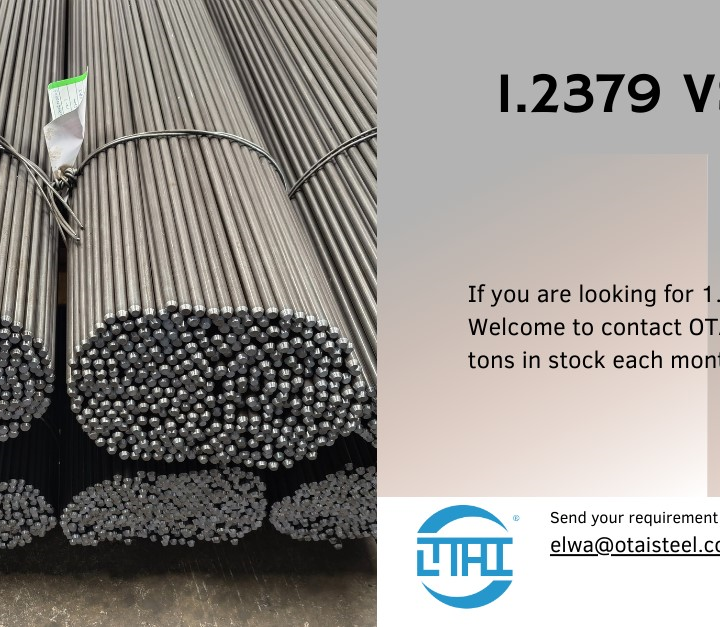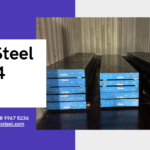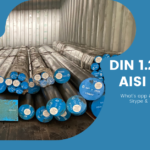In the realm of industrial materials, few items stand as versatile and reliable as the 1.2344 round bar. With its exceptional properties and wide array of applications, this steel alloy has become a staple in various industries worldwide. In this comprehensive guide, we will delve deep into the functions and applications of the 1.2344 round bar, shedding light on its importance and versatility in modern manufacturing processes.
A Brief Overview
Before we dive into its functions and applications, let’s take a moment to understand what exactly the 1.2344 round bar is. Also known as AISI H13, this steel alloy is a hot-work tool steel renowned for its outstanding combination of hardness, toughness, and heat resistance. Its composition primarily consists of carbon, chromium, molybdenum, vanadium, and silicon, contributing to its exceptional mechanical properties and performance under high-temperature conditions.
